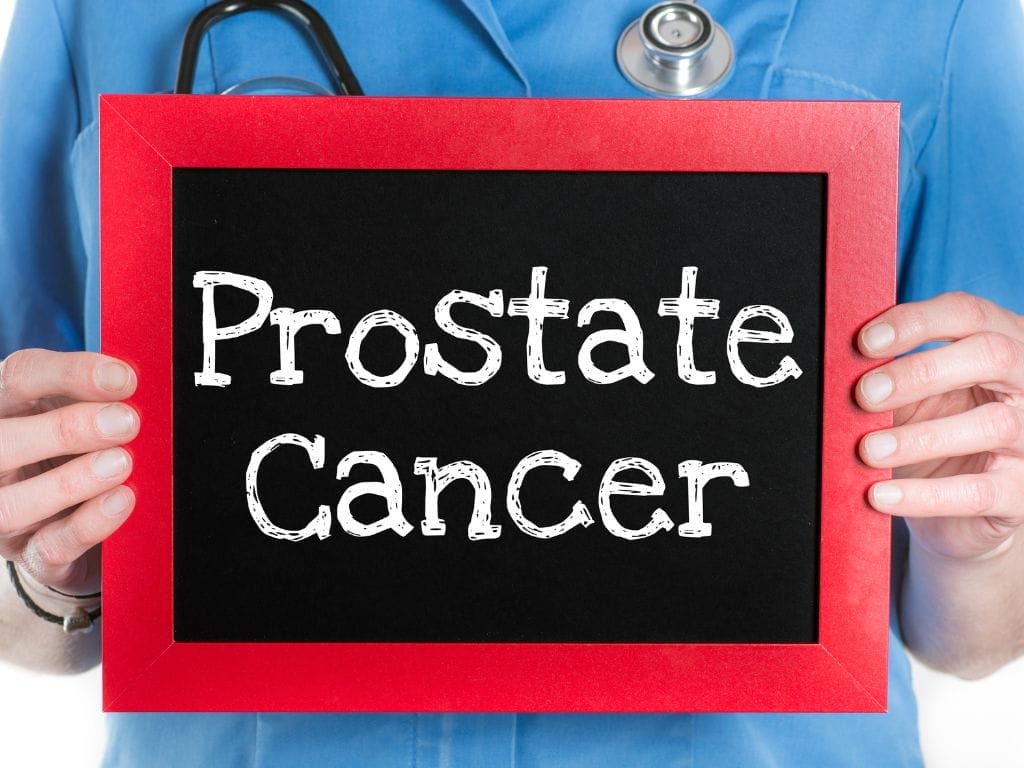10 Facts about Prostate Cancer All Singaporeans Should Know
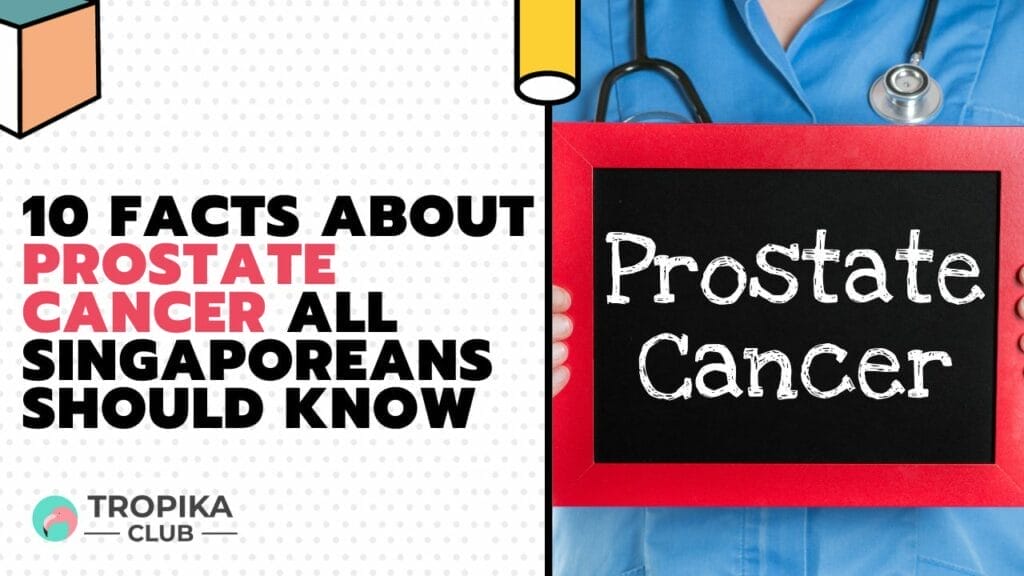
No Time to Read? Here’s a Snappy Summary of This Article
- Silent Threat: Prostate cancer often develops silently, underscoring the importance of regular check-ups for early detection and prevention.
- Genetic Links: Family history plays a role; knowing your family’s medical background aids in understanding and managing prostate cancer risks.
- Age Isn’t Immunity: While more common in older men, prostate cancer can affect younger individuals; awareness is key at any age.
- Diet Matters: Adopting a prostate-friendly diet with foods rich in antioxidants and nutrients can contribute to overall prostate health.
- Screening Options: PSA tests and digital rectal exams are crucial screening tools, offering insights into prostate health and potential risks.
- Treatment Advancements: From surgery to radiation and hormone therapy, continuous advancements offer diverse and effective treatment options for prostate cancer.
Table of Contents
- No Time to Read? Here’s a Snappy Summary of This Article
- 1. Prevalence in Singapore
- 2. Risk Factors
- 3. Symptoms
- 4. Diagnosis
- 5. Treatment Options
- 6. Side Effects of Treatment
- 7. Importance of Early Detection
- 8. Psychological Impact
- 9. Role of Diet and Lifestyle
- 10. Support and Resources
- Meanwhile, Check Out Tropika Club’s Ecosystem of Websites
Introduction
Prostate cancer is a topic that often goes unspoken in Singaporean households, yet it’s a pressing issue that affects a significant number of men in the country. As we aim to foster a community that prioritizes health and well-being, it’s crucial to shed light on this subject. This article will walk you through 10 essential facts about prostate cancer that every Singaporean should know.
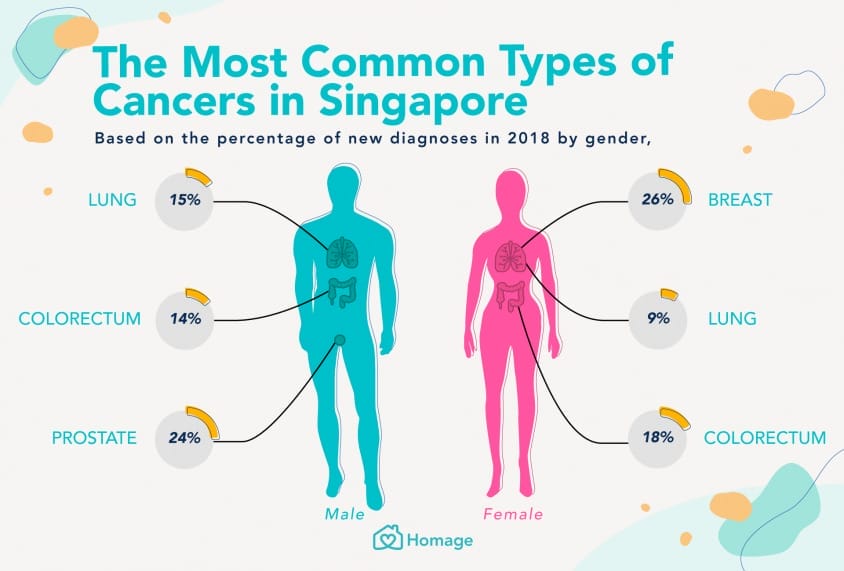
1. Prevalence in Singapore
Prostate cancer is the third most common cancer among men in Singapore. The incidence rates have been steadily rising over the years, making it a significant concern for the healthcare system. While it predominantly affects older men, younger individuals are not entirely exempt. Awareness and early detection are key to managing this disease effectively.

2. Risk Factors
Several risk factors contribute to the likelihood of developing prostate cancer. These include age, family history, and ethnicity. Lifestyle choices such as diet and physical activity also play a role. While some factors are beyond control, understanding your risk profile can guide you in taking preventive measures.
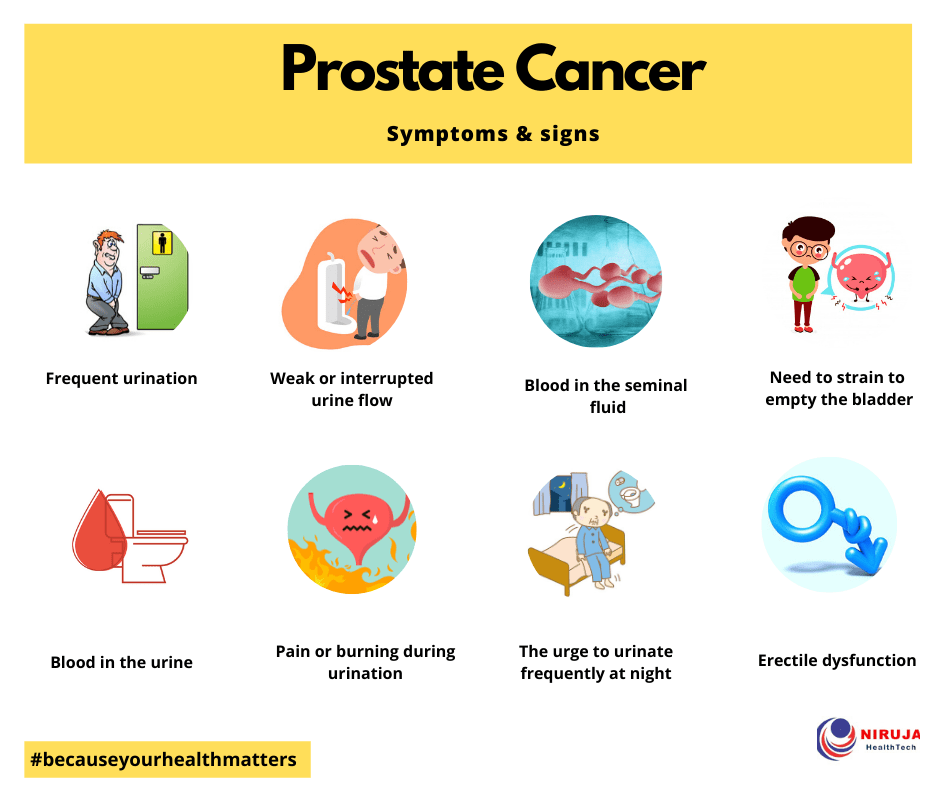
3. Symptoms
Prostate cancer often presents with subtle symptoms that can be easily overlooked. These may include frequent urination, difficulty in starting or stopping the urine flow, and discomfort in the pelvic area. It’s essential to consult a healthcare provider if you experience any of these symptoms for an extended period.
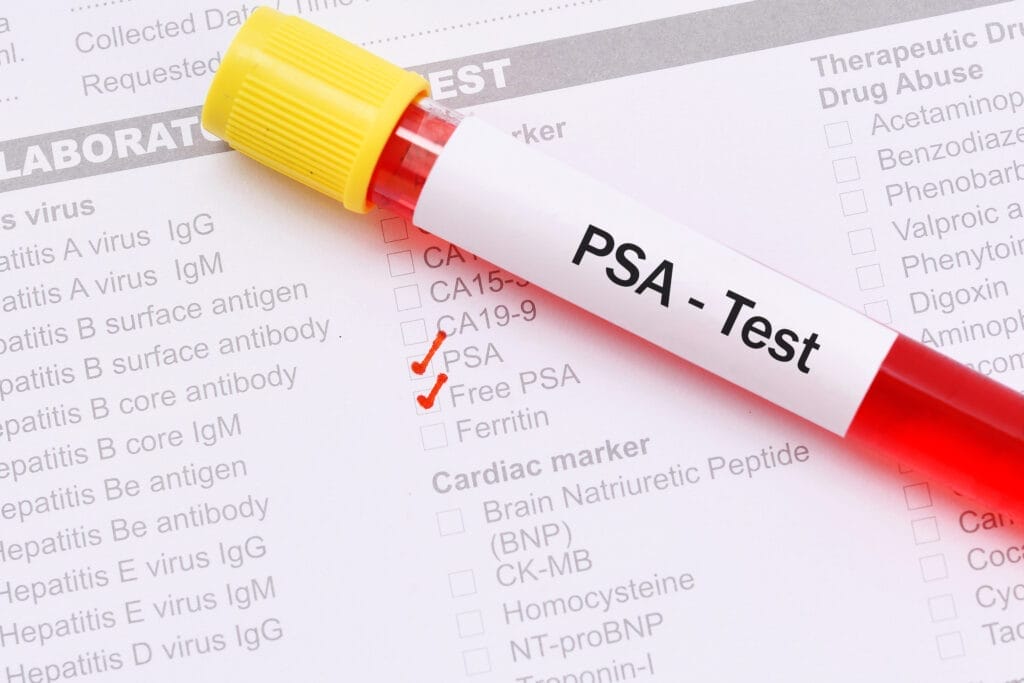
4. Diagnosis
Diagnosis typically involves a series of tests, including a Prostate-Specific Antigen (PSA) blood test and a digital rectal exam. If these tests indicate a likelihood of cancer, a biopsy may be performed for confirmation. Early diagnosis significantly improves the chances of successful treatment.
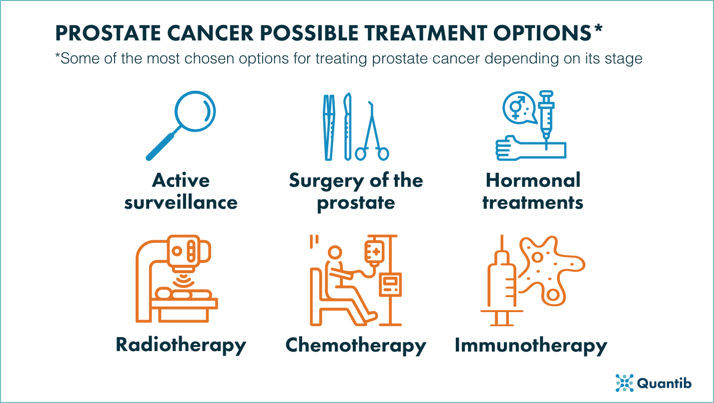
5. Treatment Options
Treatment options for prostate cancer vary depending on the stage of the disease and the patient’s overall health. These may range from active surveillance for low-risk cases to surgery, radiation therapy, and hormone therapy for more advanced stages. Discussing your options with a healthcare provider is crucial.
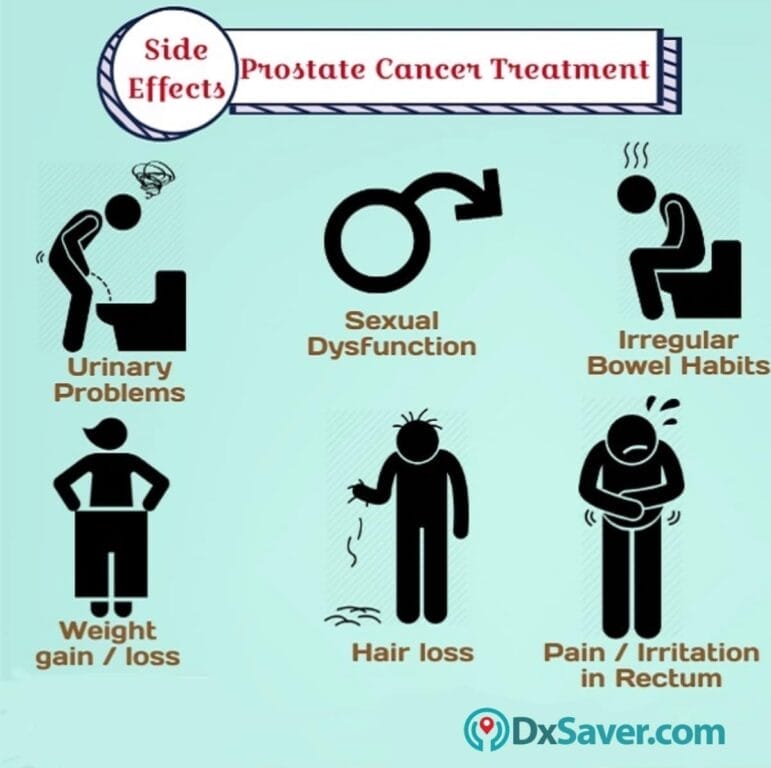
6. Side Effects of Treatment
Treatments for prostate cancer come with their own set of side effects, including urinary incontinence and sexual dysfunction. It’s essential to weigh the benefits and risks of each treatment option carefully. Support from healthcare providers and loved ones can help manage these side effects effectively.
_
Read Also:
10 Facts about Heart Disease in Singapore and How to Protect Your Health
_
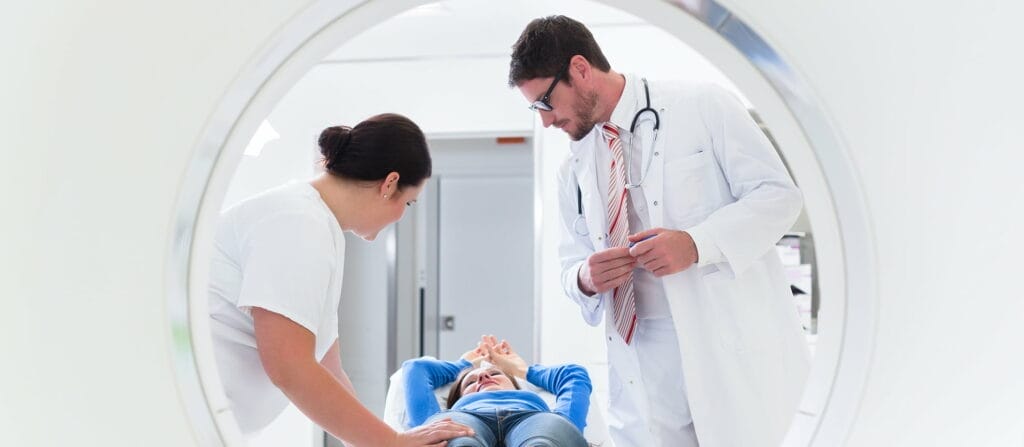
7. Importance of Early Detection
Early detection of prostate cancer dramatically improves the chances of successful treatment. Regular screenings are recommended for men over the age of 50, or earlier for those with a family history of the disease. Being proactive about your health can make all the difference.

8. Psychological Impact
The diagnosis and treatment of prostate cancer can have a significant psychological impact. Feelings of anxiety, depression, and fear are common. Support groups and mental health services can offer invaluable assistance in coping with the emotional aspects of the disease.
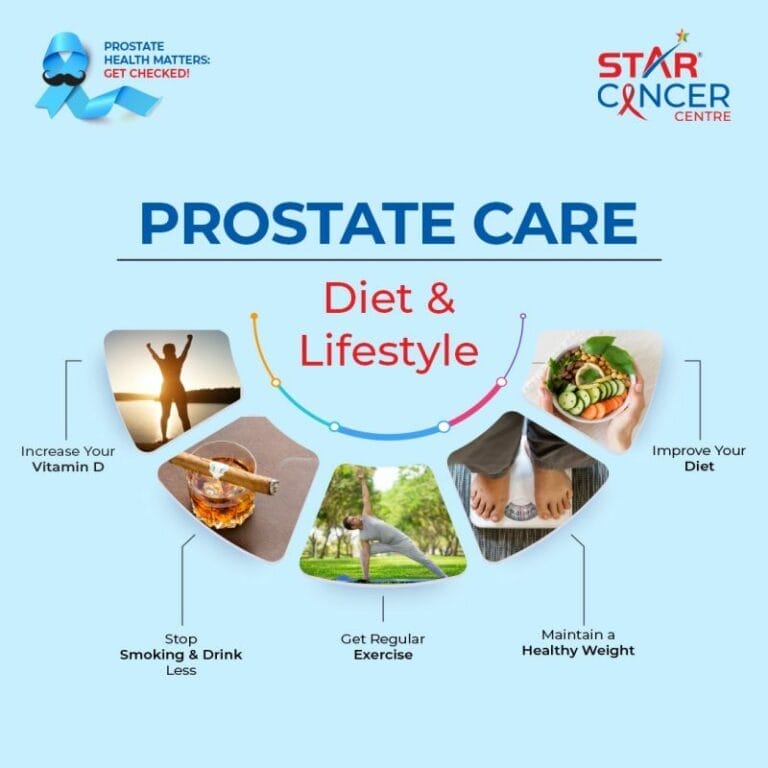
9. Role of Diet and Lifestyle
A balanced diet rich in fruits, vegetables, and lean proteins can aid in reducing the risk of prostate cancer. Regular exercise is also beneficial. Adopting a healthier lifestyle not only lowers your risk but also aids in recovery if you are undergoing treatment.

10. Support and Resources
Numerous organizations and healthcare providers in Singapore offer support and resources for prostate cancer patients and their families. From educational materials to support groups, these resources can be invaluable in your journey towards recovery.
Conclusion
Prostate cancer is a reality that many Singaporeans face, but knowledge is the first step in prevention and treatment. By being aware of the risk factors, symptoms, and treatment options, you can take proactive steps for your health. Let’s break the silence and make prostate cancer a topic of open discussion in Singapore.

Frequently Asked Questions (FAQ)
Q: At what age should Singaporean men start getting screened for prostate cancer?
A: Men in Singapore should consider regular screening from the age of 50, or earlier if there’s a family history.
Q: Can a healthy diet lower the risk of prostate cancer?
A: Yes, adopting a diet rich in antioxidants and nutrients may contribute to overall prostate health.
Q: How often should Singaporean men undergo prostate cancer screenings?
A: Regular screenings, including PSA tests and digital rectal exams, are recommended annually for men aged 50 and above.
Q: Are there specific signs and symptoms of prostate cancer to watch out for?
A: Prostate cancer can be asymptomatic; regular screenings are crucial as symptoms may only appear in advanced stages.
Q: What are the available treatment options for prostate cancer in Singapore?
A: Treatment options include surgery, radiation, and hormone therapy, with advancements offering diverse and effective approaches.
Q: Is there a genetic component to prostate cancer, and how does it impact risk?
A: Family history matters; understanding your family’s medical background helps assess and manage the risk of prostate cancer.

Have an Article to Suggest?
Tropika Club is always looking for new and exciting content to feature in their magazine and they value the input of our readers. If you have any noteworthy content or articles that you believe would be a great addition to Tropika Club’s magazine, we are open to suggestions and encourage you to reach out to us via email at [email protected]. By doing so, Tropika Club values your expertise and knowledge in the matter and appreciates your willingness to help. We will review your recommendations and update our list accordingly
Meanwhile, Check Out Tropika Club’s Ecosystem of Websites
Tropika Club Magazine – Tropika Club Magazine is a Singapore-based publication that features articles on a wide range of topics with a focus on local businesses and content for the region. The magazine emphasizes supporting local businesses through its #SupportLocal initiative, which includes coverage of everything from neighborhood hawker stalls to aesthetic clinics in town. In addition to highlighting local businesses, Tropika Club Magazine also covers a variety of local content, including beauty, lifestyle, places, eats, and what’s on in Singapore and the Asia Pacific region.



